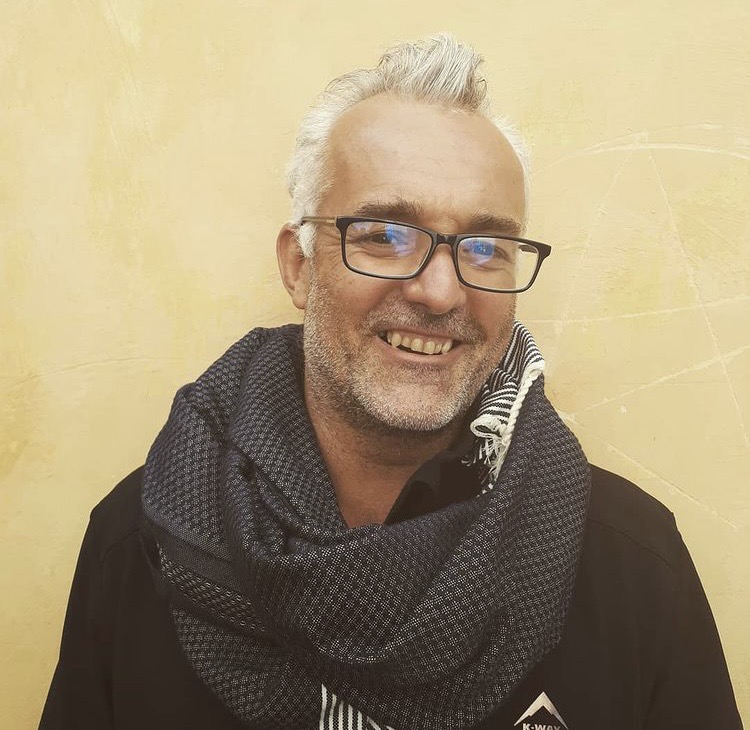Turning Ghost Nets into UK-Made Pellets ready for manufacture
- Tyrone Probert

- Oct 25, 2023
- 3 min read
We aim to clean UK coasts of ghost nets and create incredible products from locally processed ocean plastic. As a surfer, I envisioned turning ocean trash into a sustainable business, merging my love for the sea and design. After many years of research trying to find a local supplier and not having any luck, I decided to do it myself.

This week marks a huge personal achievement and a significant development for UK recycling. There are few, if any, UK-based pelletising operations for ghost nets. Most 'Ocean Plastic' materials I have encountered are imported from abroad. Crazy huh? That's what I thought. My mission has always been to create a truly sustainable business that's good for people and the planet. For me, it was essential to not only use recycled materials but also ensure it was from local waste resources and processed and made locally. So I embarked on a very long and arduous journey to try to make Ocean Plastic products from the waste we find on our shores, to recycle it and then turn it into our products. Our whole supply chain is UK-based - from the materials we collect to the processing and manufacture.

That job is more challenging than you would think. It has taken me years of research, community building, production, testing, saving, failing and trying again. We have encountered a few people on a similar mission and are collaborating with some key players in the field. These options have yet to pan out for various reasons and many trials and tribulations. So we started playing with a few machines and managed to hack a solution together to improve our manufacturing process at a fraction of the usual price.
What's exciting is that by doing it this way, we can continue to offer the unique story, colours and transparency of each batch of ghost nets we find. Check out our ACTION page to see the amazing stories of each ghost net retrieved off our coastline. We have complete transparency across our supply chain. You can see where we found the fishing nets on our interactive map, how we found them, by whom, and how it was cleaned, processed, and transformed into our recycled ocean plastic plant pots and products in Bristol.

Initially, we used fibre in production, but it was not ideal and was very time-intensive for the machines, so we had to try to pelletise it somehow! After many crazy, stressful days and nights, we are doing it! As someone who started off playing with biomaterials and plastics in his kitchen, melting crap in my oven, it's a real milestone to have come this far. I want to take it to the next level for my business and others wishing to create sustainable businesses.
This remarkable material should be available to more businesses in the UK. By using recycled ocean plastics, studies have shown that you can reduce CO2 emissions by up to 96% compared to using the equivalent Virgin plastic. We need to prevent this waste from breaking down on our coasts and harming wildlife and ensure it doesn't end up in landfill. We believe we can massively reduce the need for virgin plastics, reduce CO2 emissions and create positive outcomes for coastal communities by continuing to scale the use of this waste stream. We are small but mighty but also could do with some help. We need bigger and better machines and space to grow this idea.
If you interested in using the materials or can assist with contacts or ideas, please reach out as we seek investment to continue this mission. Does anyone know a millionaire who would rather help clean our planet than buy his next Ferrari? I'm just putting it out there...

Comments